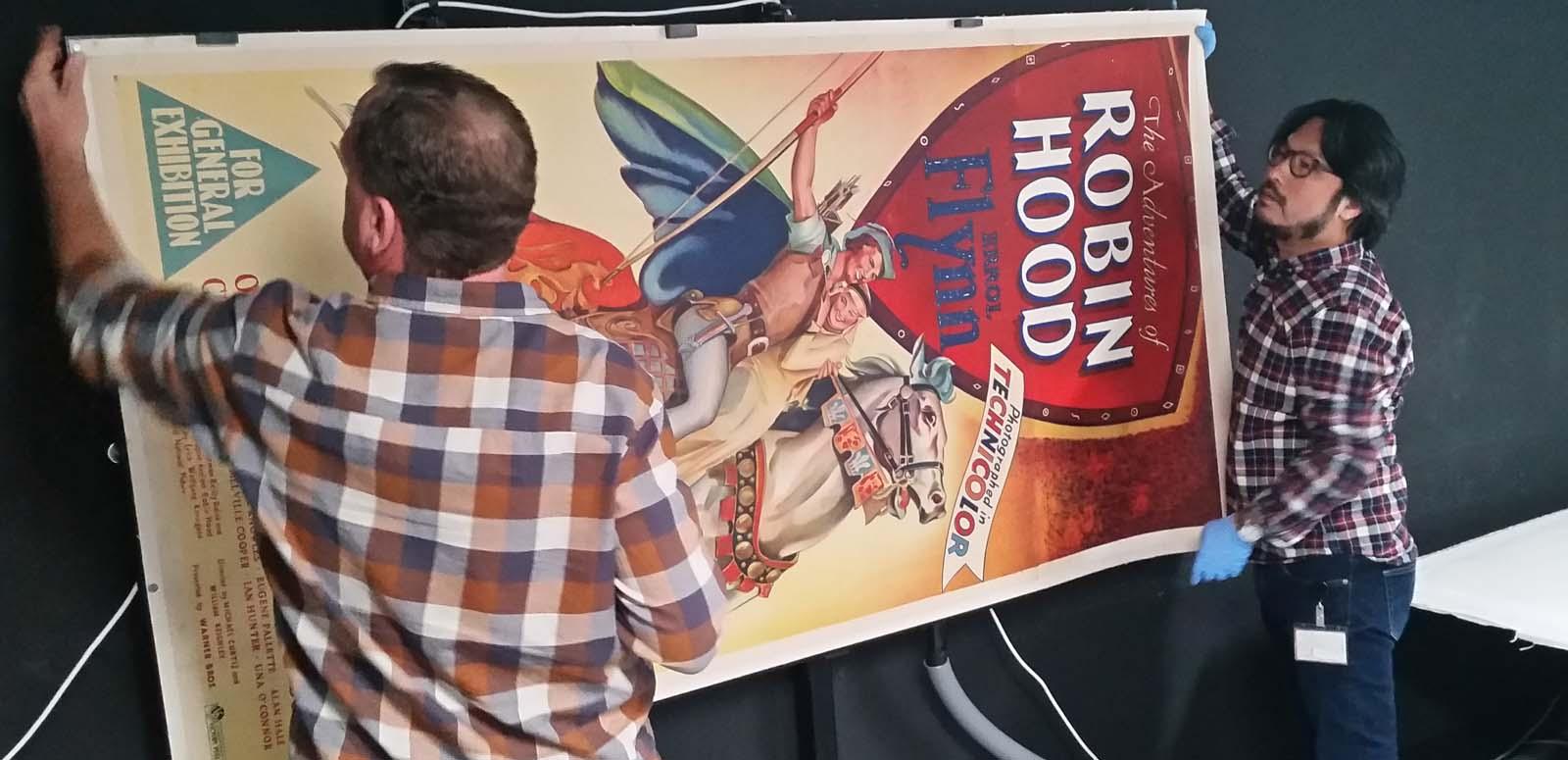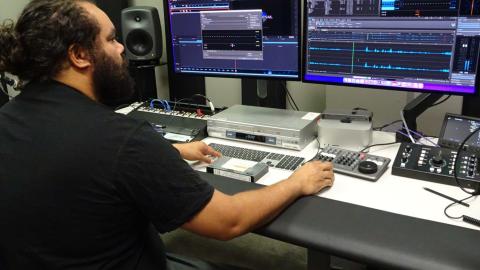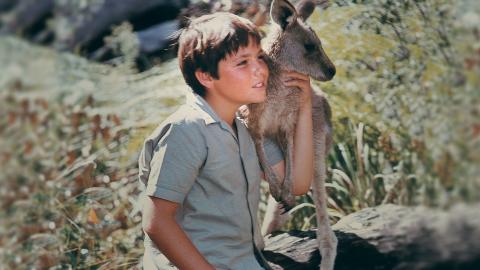

Internships and Traineeships at the NFSA
Internships and Traineeships at the NFSA
The National Film and Sound Archive provides employment and educational avenues that build the skills, ideas and knowledge and support the development of the next generation of audiovisual archivists and workers in the wider arts, cultural and creative industries.
NFSA Internships
The NFSA offers internships for Australian and international tertiary students eager to delve deeper into our collection, activities and preservation and curatorial processes.
As an intern, you’ll be mentored by our staff as you carry out a designated project at our Canberra, Sydney or Melbourne offices. It’s a unique chance to undertake hands-on learning working with our curatorial or preservation teams specialising in sound, broadcast, film, documents or artefacts.
Who can apply for an internship at the NFSA?
To be eligible for an internship at the NFSA, you must be engaged in tertiary study and sponsored and insured by your educational institution as part of your institution’s formal internship program.
We value, support and embrace diversity and inclusion and encourage students from a diverse range of backgrounds to apply.
A typical NFSA internship runs for one or two days per week for a semester. The length of an internship is negotiable but generally doesn’t exceed six full-time working weeks. NFSA internships are unpaid, and interns are responsible for their own travel expenses.
The decision to offer an internship is at the NFSA’s discretion and is influenced by our available resources and the skills and backgrounds of the applicants.
How to apply for an NFSA internship
If you’re interested in an NFSA internship, contact us at internships@nfsa.gov.au. Please include your areas of interest (Conservation, Corporate services, Curatorial, Digital platforms and ICT, Digitisation, Education and Public Programs, Marketing, Communications and Public Relations, or Rights and Licensing).
First Nations Traineeships at the NFSA
The NFSA offers paid traineeships for Aboriginal and Torres Strait Islander people interested in forging a career in the arts, cultural or creative industries.
Our First Nations traineeships, offered via ArtsReady, are employment and education training programs. They offer trainees a unique opportunity to gain real-life experience and practical and theoretical know-how at an iconic Australian cultural institution.
Participants develop and build skills through on-the-job work experience at the NFSA alongside accredited training. Traineeships can be undertaken full-time over 12 months or part-time over two years.
How to apply for an NFSA First Nations traineeship
If you’d like to find out more or apply for a First Nations traineeship at the NFSA, contact our Workforce and Culture team at internships@nfsa.gov.au.
The National Film and Sound Archive of Australia acknowledges Australia’s Aboriginal and Torres Strait Islander peoples as the Traditional Custodians of the land on which we work and live and gives respect to their Elders both past and present.


